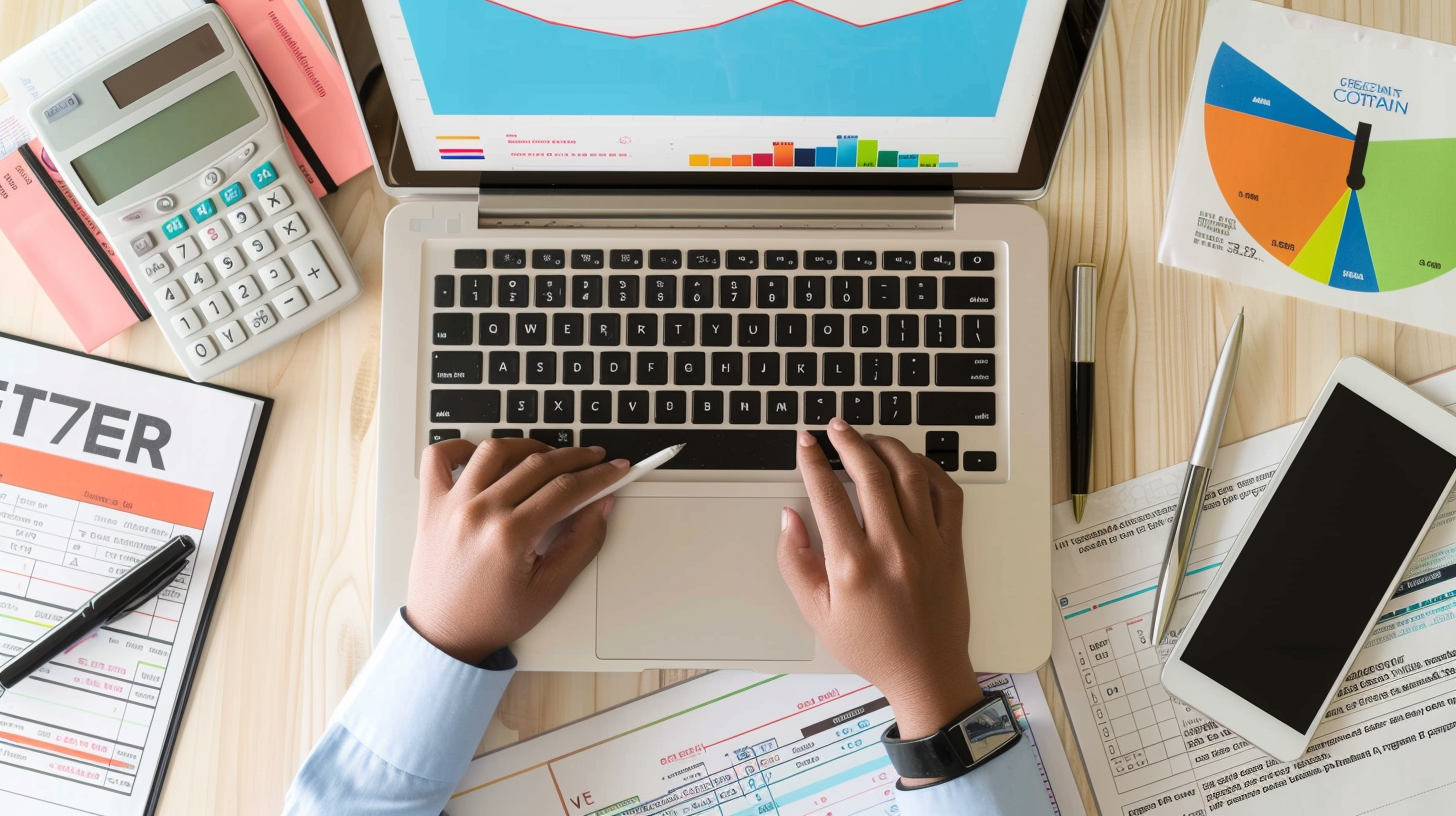Unemployment can be a stressful time, and financial instability can negatively impact your credit score if not managed wisely. The need to maintain a good credit score during unemployment is crucial, as it affects your ability to secure loans, credit cards, and other financial services. Today, we will explore the strategies to protect and manage your credit score during unemployment.
Understanding Your Credit Score
A credit score is a numerical expression derived from an individual’s credit files. It represents the creditworthiness of an individual and is used by lenders to assess the risk involved in granting loans. A good credit score can open doors to financial opportunities, from securing a mortgage to getting a lower interest rate on loans. Conversely, a poor credit score can limit these opportunities. This is why maintaining a good credit score is crucial during unemployment. Without a regular income, your credit score becomes even more critical in demonstrating your financial reliability to potential lenders.
Strategies to Protect Your Credit Score During Unemployment
When faced with unemployment, it can be challenging to manage your finances effectively. However, with the right strategies, you can protect your credit score during this period.
Contacting Your Credit Card Issuer
The moment you realize that you might face difficulties in making payments, it’s essential to contact your credit card issuer. Credit card companies often have hardship programs that can temporarily lower your interest rate or payment amount. They could also waive certain fees or allow you to skip a few payments without reporting you to the credit bureaus.
Building a Solid Emergency Fund
Financial experts often recommend having an emergency fund to cover three to six months’ worth of living expenses. This financial safety net can help you stay afloat without damaging your credit score. An emergency fund can prevent the need to take on high-interest-rate debts or make late payments, both of which can harm your credit score.
Qualifying for a Financial Hardship or Relief Program
Another option to consider is a financial hardship or relief program. Many credit card issuers, lenders, and even utility companies offer relief programs for customers facing financial difficulties. These programs may allow you to reduce or pause your payments temporarily without negatively affecting your credit score.
Keeping Credit Card Balances Low
Even during a period of unemployment, it’s essential to manage your credit card usage effectively. Try to keep your balances low compared to your credit limits. High utilization can lower your credit score, so aim to use no more than 30% of your available credit.
Paying Off Debt Rather Than Moving It Around
While it might be tempting to move your debt around, it’s usually more beneficial to focus on paying it off. Transferring balances might buy you some time but remember, the debt doesn’t disappear. Prioritize paying off your debt to reduce your credit utilization and potentially boost your credit score.
By adopting these strategies, you’ll be better equipped to protect your credit score during times of unemployment. The next step is to monitor your credit score regularly.
Monitoring Your Credit Score
Keeping a close eye on your credit score is invaluable, especially during periods of financial uncertainty. Regularly reviewing your credit reports can help you identify any inaccuracies or fraudulent activities that could potentially harm your credit score. Credit monitoring services offer an easy way to keep track of changes in your credit score. By setting up alerts, you can be notified of any significant changes or suspicious activities on your account, allowing you to address any issues promptly.
Furthermore, consider using multi-factor authorization for your financial accounts. This adds an extra layer of security, making it harder for unauthorized users to gain access to your accounts and potentially harm your credit score.
Maintaining Good Financial Habits
Maintaining good financial habits is not only essential for protecting your credit score during unemployment but is a solid foundation for overall financial health. A key aspect of this is being vigilant with your financial accounts. Setting strong passwords and regularly updating them can protect your accounts from being compromised. Similarly, keeping your physical credit card safe and up-to-date is crucial.
Paying bills on time might seem challenging when you’re unemployed, but it’s vital for maintaining a good credit score. Late or missed payments can significantly impact your credit score. If you find it hard to keep track of all your bills, consider setting up automatic payments or reminders to ensure you don’t miss a payment.
Myths and Facts About Unemployment and Credit Score
A common misconception is that filing for unemployment directly hurts your credit score. This is a myth. Filing for unemployment does not directly affect your credit score. However, unemployment can lead to scenarios that indirectly affect your credit score. For instance, the loss of income may make it difficult to keep up with bills and payments, which can hurt your credit score. Hence, it’s important to understand the distinction and manage your finances accordingly.
Conclusion
Managing your credit score during unemployment might seem daunting, but it’s achievable with the right strategies and discipline. Regularly monitoring your credit score, maintaining good financial habits, and understanding the impact of unemployment on your credit score are important steps towards protecting your financial health during such times.
Remember, unemployment is often a temporary phase. With careful planning and proactive measures, you can navigate this challenging time without causing long-term damage to your credit score. Your credit score is a reflection of your financial health, and taking care of it during unemployment will ensure you’re in a better position to seize financial opportunities once you’re back on your feet.


